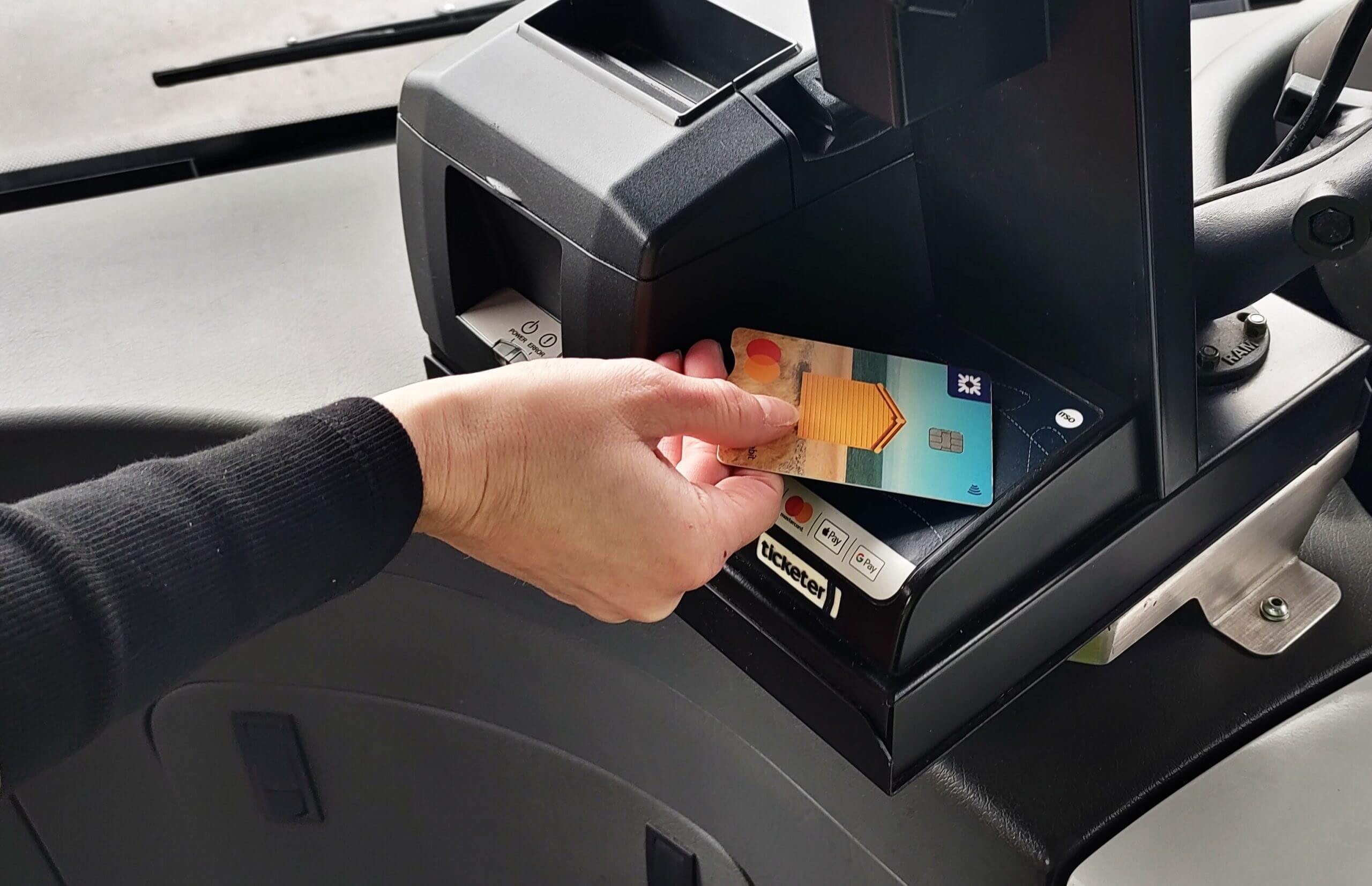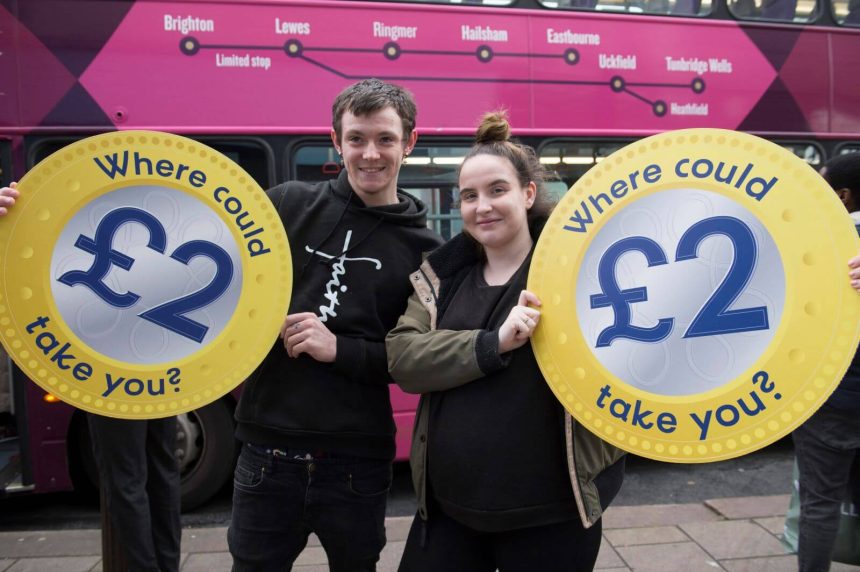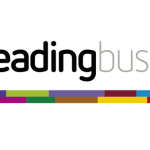The Confederation of Passenger Transport (CPT) will lobby for a temporary extension of the £2 bus fare cap in England outside London into early 2025.
The government-subsidised £2 cap is due to end on 31 December, but the trade body believes that in view of that date’s likely proximity to the general election, more time will be needed for stability in the industry.
A report by KPMG into alternatives to the capping scheme, published on 15 March, will help inform how CPT advises politicians on potential policy thereafter.
The CPT-commissioned research, Alternatives to the national fare cap, is forming the basis for further discussion within the industry and with other stakeholders.
No firm recommendations were made by the report, although it details the merits and disadvantages of eight options.
Those comprise single fare cap, day fare cap, proportionate reduction, service improvements, employment tax benefit, national free travel for certain groups, local concessionary travel for certain groups, and mobility credits.
2025 hopes
CPT Chief Executive Graham Vidler says: “We’re pushing now for a short extension to the cap to April 2025 or mid-2025, to give the incoming government room to breathe and consider the alternatives.”
“Stopping on 31 December is in nobody’s interest. That would almost certainly be very soon after a general election and operators and passengers will be in an uncertain period where operators are having to get ready to increase fares back to their commercial level on 1 January, which is something that nobody wants to do and that passengers won’t like.”
[The fare cap] is a very blunt instrument, and there are far better and more targeted ways in which buses could be made more attractive – Bill Hiron
Two round-table meetings with stakeholders on 13 March produced a consensus that “we need something in place beyond the fare cap, whether it’s a continuation for the longer term or an alternative measure,” says Mr Vidler.
However, opinion was split on whether the policy should be very “precise” in targeting groups that would provide the best return, such as under-22s, or be a simpler policy such as a single fare cap.
He adds that it is crucial for the next policy to be longer term, following a series of extensions of what was introduced in 2023 as a three-month scheme. “No one in the industry has been able to promote the cap as strongly as they would have liked or to plan new services on the basis of its existence,” he says.
“So, whatever comes next … we want it to be for as long as possible, ideally for the lifetime of the new parliament.”
£2 scheme support
In the report, each fare cap option came out well — both as regards benefit-cost ratios and in the customer survey. Transport Focus Director David Sidebottom says his organisation’s research also shows the popularity of the £2 scheme.
He adds that its surveys show “the £2 fare is simple to understand, simple to use, and offers good value-for-money for lots of passengers.”

He continues: “I know there are mixed views within the industry about the sustainability and the attractiveness of the £2 fare, maybe from an operator point of view.
“But, from a consumer point of view, in the 15 years or so that I’ve been around the bus sector through Transport Focus, I don’t think there’s been anything that’s at least got passengers giving bus a go.”
ALBUM view
However, Bill Hiron, Chair of the ALBUM group of bus operators and Managing Director of Stephensons of Essex, highlights the drawbacks of the capping scheme.
“The £2 fare cap was a welcome cost-of-living initiative, as a short-term promotion,” says Mr Hiron.
“However, as it has been extended, and extended again, it distorts the market and has the potential to store up problems — as outlined by the report.
“It is a very blunt instrument, and there are far better and more targeted ways in which buses could be made more attractive.
“In addition, reimbursement levels become increasingly important as industry cost inflation carries on, and there is a risk that, like ENCTS, the level of funding available doesn’t keep pace with the real costs of the £2 scheme.
“For SMEs in particular, which don’t have the ability to balance their commercial risk across multiple operating areas, this is a very dangerous position to be in.
“With revenue effectively fixed, the only option when unit costs increase is to reduce or withdraw services. That is not the outcome any operator or local authority wants, and certainly not in the best interests of bus users or our carbon footprint.
“It is therefore very important that the incoming government gives serious consideration to the challenges the scheme has created, and agrees a suitable alternative, realistic ongoing funding, and/or exit route with the industry and our partners.”
For more on the findings of the research and a link to the KPMG report, click here.



























